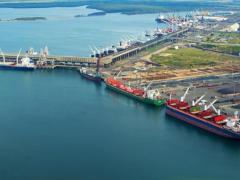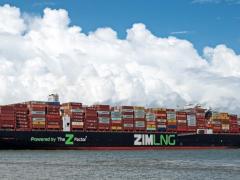As ESG regulations tighten worldwide, more African logistics companies are turning to technology to manage and report on their environmental, social and governance impacts.
Unlike Europe, where ESG reporting is more mature and often mandatory, many African transporters are still navigating the early stages of adoption.
“Managing ESG is a multifaceted challenge that requires constant monitoring, data analysis and the ability to adapt to regulatory and market changes,” says Renko Bergh, co-founder of CtrlFleet.
“Technology makes these processes easier by providing tools to monitor performance, analyse data and report results efficiently, transforming how organisations manage and communicate their efforts toward a more sustainable future.”
He says one of the biggest benefits of technology in ESG was its ability to monitor and analyse large volumes of data in real time.
Specialised software platforms allow companies to track key performance indicators (KPIs) related to environmental, social and governance issues.
“Practically, this means sustainability platforms that offer a complete suite of tools to monitor ESG impacts,” he told Freight News.
“This allows companies to integrate data from various sources and generate detailed reports that meet international ESG standards. Transparent and effective communication of ESG achievements is key to gaining stakeholder trust and complying with regulations.
“Technology makes it easier to create detailed, visually appealing sustainability reports that can be shared with investors, customers and other stakeholders.
“It also helps meet ESG reporting standards, such as those of the Global Reporting Initiative (GRI) or the Sustainable Accounting Standards Board (SASB). Software tools can automate data collection and ensure reports comply with regulatory requirements.”
- Read the full article in our Freight Features edition on “ESG”, available on 11 July.













